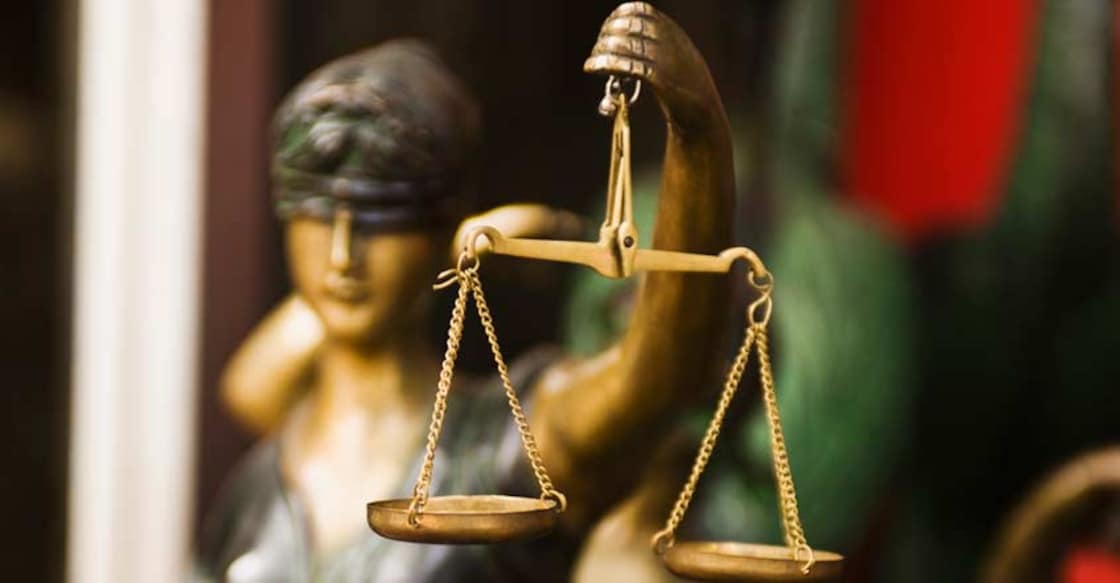How to speed up delivery of justice as cases pile up

Mail This Article
"True peace is not merely the absence of tension, it is the presence of justice." - Martin Luther King Jr.
The Indian Legal System is having a huge backlog of cases. The number of pending cases has gone up despite the continued efforts of the Government by appointment of more number of judges. Though there has been a marginal decrease in the number of cases pending in the Supreme Court of India, there has been a steady increase in the percentage of pending cases in the 24 High Courts of India, which is exactly 9.7% hike during the time frame of 2015-19. Before commenting on the delay caused in Justice delivery, we need to understand that in a High Court, over 100 matters are listed up before a single judge on an average every day. This not only affects the efficiency of the system, but strains the judges too. But, we boast of one of the finest judiciaries in the whole world which has progressively come up with decisions related to environmental law, human Rights etc. Then, why are we still lagging behind with the backlog of cases?
As per the National Judicial Data Grid, more than 29.7 million cases, both civil and criminal, are pending in the subordinate courts. Although more number of judges are being appointed in the lower courts, the system is still lacking the adequate number of judges. There is still a shortage of 5,132 judges in the subordinate courts! In 2017, the Central Government brought forth Nyaya Mitra Scheme, wherein retired judicial officers were appointed to dispose cases pending for over 10 years. But, has that addressed the multifaceted issue that our judiciary faces? Also, there are not enough number of courts. Do you know that judiciary receives a nominal allocation of 0.1% to 0.4% in the annual budget? There is also too much litigation from the Government's side. The Railway Ministry alone is party to 66000 cases. Due to the increase in awareness of one's rights, people are more interested in filing cases against each other rather than going for amicable settlements.
Here is when the legal maxim - "Justice delayed is justice denied" becomes meaningful. It means that if a party who has a grievance is not given legal remedy within a reasonable time period, it is equal to not giving any remedy at all. This phrase is commonly used to indicate the slow and cumbersome process of courts which delay justice delivery. Suppose, a man aged 40 years who owned a house is one day thrown out from it by real estate mafia who come up with forged documents indicating that the property belonged to them. He moves for a case and it is caught up in the net of stagnancy and finally the verdict comes out after 40 years. By that time he had died lying down in a rented house. What is the meaning of justice if it is not delivered on time for the needy?
This is an alarming situation. Something needs to be done to curb this issue. Two main things need to be restructured to tackle the backlog of cases - one is the court infrastructure and second one is the manner of listing up cases. A definite number should be determined by the government to indicate how many cases should be listed before a single judge every day. More number of courts should be set up.
There are many ways outside the court to legally settle the disputes of common man, which are always ignored. Some of such ways are moving for arbitration, conciliation, mediation etc. These are jointly called as "Alternative Dispute Resolution Mechanisms" or simply ADR. For example, if there is a dispute over a property between the legal heirs, instead of moving to the court, they can settle the matter using any of this mechanisms.
The vacancies of judges should be filled up expediently.
A better court management system should also be devised that can help track number of cases, the nature of cases and to analyse what kind of disputes are commonly brought before subordinate courts.
Government should also spread awareness programmes to make lay men understand what are their rights and how can they settle disputes in a friendly manner in cases of civil suits. Also, Lok Adalats are held every month to resolve cases. All these methods should be made known to the public.
Thus, it is high time that the Government take up collective and planned action to enable judiciary function in a better way and justice is delivered promptly.
(Opinions expressed are personal)


